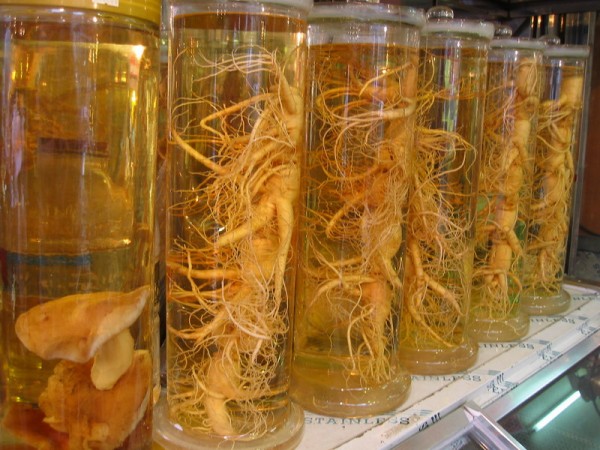
Asian ginseng, native to Korea and China, has been widely used for a variety of purposes for centuries. This type of ginseng is listed as one of several types of true ginseng, and according to the National Center for Complementary and Alternative Medicine (NCCAM), the herb has been found to boost the immune system and support holistic health.
Various studies have found the plethora of benefits of Asian ginseng. Read more on the herb in the fact sheet courtesy of NCCAM.
What the Science Says
- Some studies have shown that Asian ginseng may lower blood glucose. Other studies indicate possible beneficial effects on immune function.
- Although Asian ginseng has been widely studied for a variety of uses, research results to date do not conclusively support health claims associated with the herb. Only a few large, high-quality clinical trials have been conducted. Most evidence is preliminary-i.e., based on laboratory research or small clinical trials.
- NCCAM supports studies to better understand the use of Asian ginseng. Areas of recent NCCAM-funded research include the herb's potential role in treating insulin resistance, cancer, and Alzheimer's disease.
Side Effects and Cautions
- Short-term use of ginseng at recommended doses appears to be safe for most people. Some sources suggest that prolonged use might cause side effects.
- The most common side effects are headaches and sleep and gastrointestinal problems.
- Asian ginseng can cause allergic reactions.
- There have been reports of breast tenderness, menstrual irregularities, and high blood pressure associated with Asian ginseng products, but these products' components were not analyzed, so effects may have been due to another herb or drug in the product.
- Asian ginseng may lower levels of blood sugar; this effect may be seen more in people with diabetes. Therefore, people with diabetes should use extra caution with Asian ginseng, especially if they are using medicines to lower blood sugar or taking other herbs, such as bitter melon and fenugreek, that are also thought to lower blood sugar.
- Tell all your health care providers about any complementary health practices you use. Give them a full picture of what you do to manage your health. This will help ensure coordinated and safe care.
From NCCAM.NIH.gov

